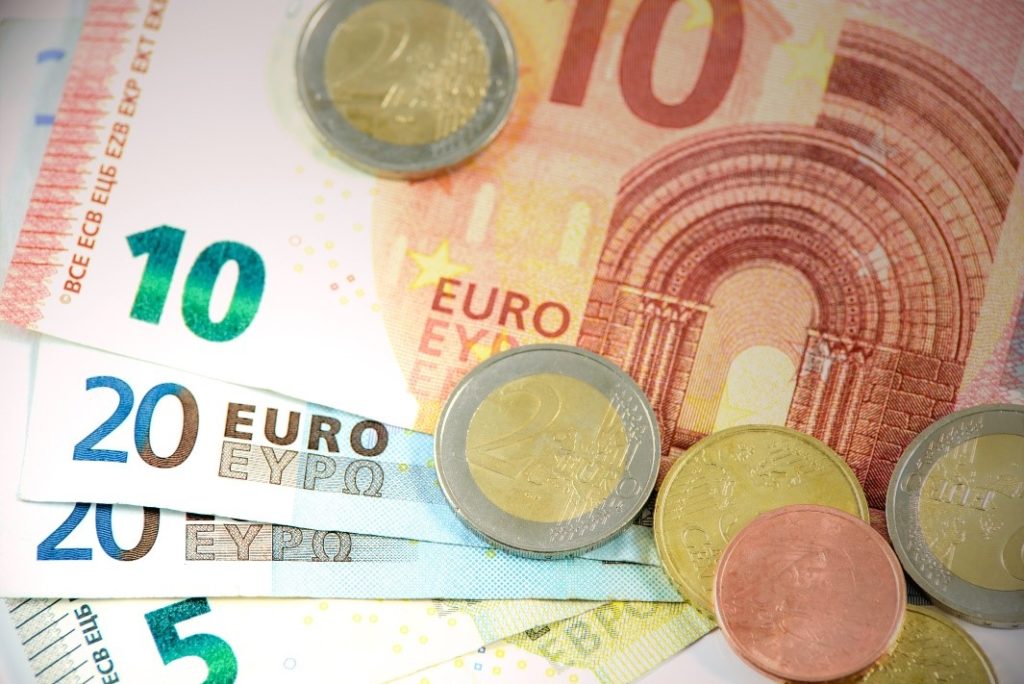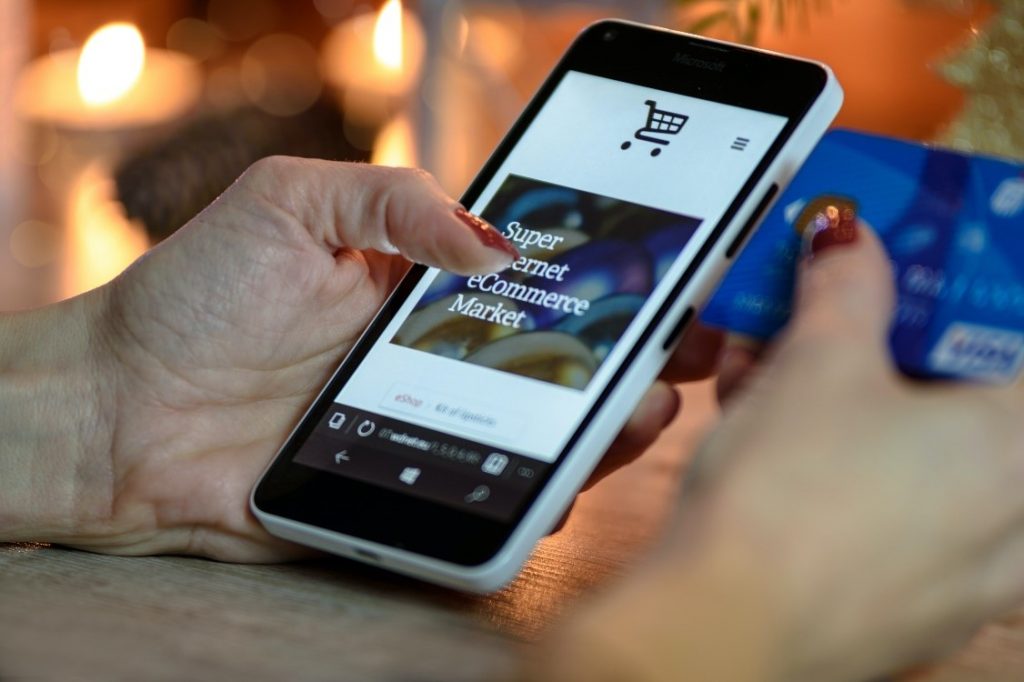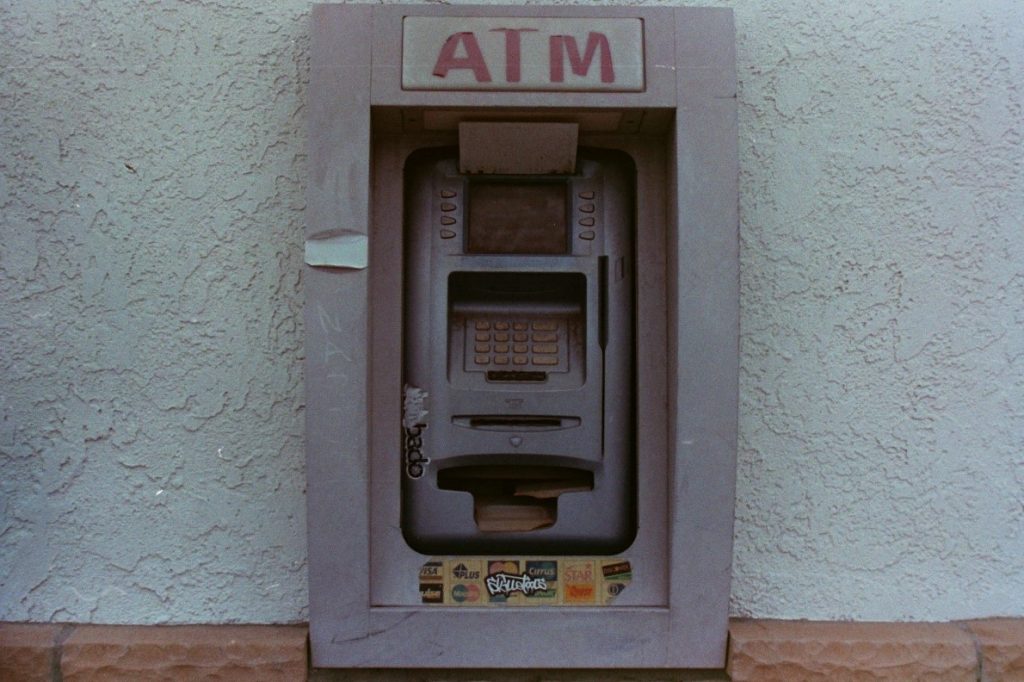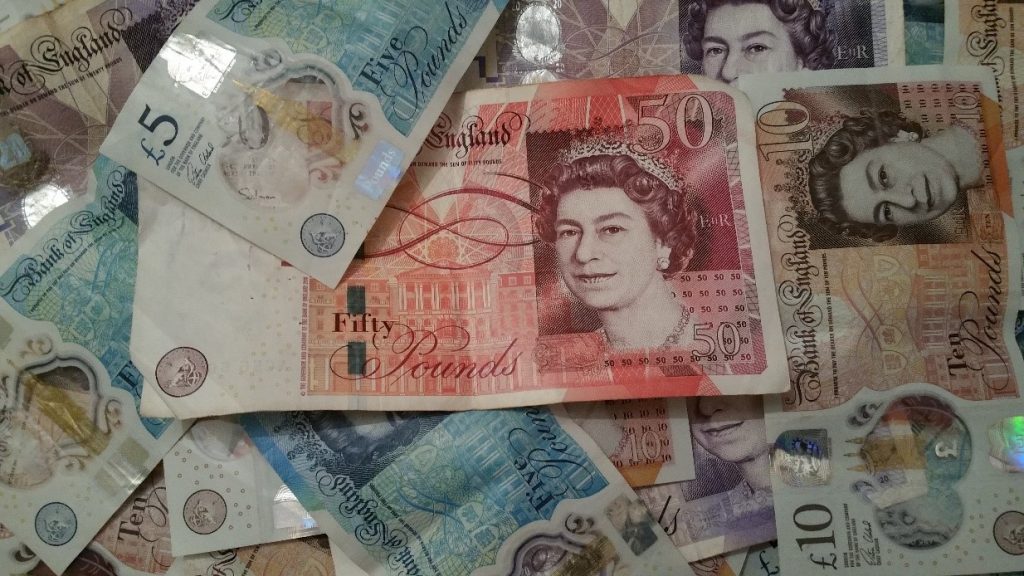Cash has been around for so long, you might make the mistake of thinking it will be a part of our lives forever. But, if there’s one thing we know, it’s that anything can change. With the increased demand for credit cards, a sharp rise in revolutionary invisible payment technology, and the halted use of cash transactions, it’s looking likelier than ever that coins and notes might become obsolete.

Credit cards and their limited numbers
In Japan, credit card companies are running out of credit card numbers. Due to an increased demand for online payment options during the pandemic, along with the government’s point reward system to stop the country’s ‘addiction to cash’, Japan might have to add a 17th digit to their credit cards.
“Most of Japan’s 280 credit card companies issue cards with 16 digits so they can partner with international firms such as Visa and Mastercard. Even if credit card firms agree that an additional digit is the best solution, they will have to decide whether to update almost 300 million 16-digit cards already in circulation or allow them to co-exist with new cards,” the Guardian reports.
With the increased demand for credit cards, and the real risk of running out of numbers, it’s no surprise that the need for alternative payment options is on the rise too. With credit cards possibly having a finite growth potential, alternative payment companies, (enter invisible payments) might be the best solution to this problem.

Invisible payments are visibly changing our lives
Invisible payments are essentially any form of payment that doesn’t require cash or cards. The most common example of invisible payments are for taxi service apps, such as Uber, or food delivery apps. Your payment details are stored safely on the app, and you never have to enter into a traditional form of a transaction. You simply open the app, use the service, and continue on as normal.
As Finextra explains it: “Invisible payments take physical payment methods such as cash, debit and credit cards, and wearables completely out of the equation – creating a convenient and speedy experience.”
In essence, the act of paying for goods and services happens completely automatically. Some companies are far ahead, such as China’s self-service BingoBox store and the Amazon Go app & store combo. These companies give us a glimpse of how invisible payments might change our lives in the years to come.

Cashless transactions only
With the rise in card payments, increased usage of app and invisible payment options, it’s only natural that cash transactions went in the opposite direction. But with this year’s health crisis and governments’ ‘ban’ on cash transactions to help limit contact between people, the end of cash might rush in sooner than expected.
Many people also chose to avoid cash out of their own accord and turned to card and contactless payment options. In many European countries the use of cash declined dramatically during the first half of the year. In Ireland, the daily value of ATM cash withdrawals decreased by 40% during lockdown. Spain saw a 90% drop and in the UK there was a 62% drop in ATM transactions during lockdown.

So with the pioneering technology that changes how we pay, and a cash transaction standstill, it could mean that the cash we thought would always be around, might make way for something entirely new.
P2P investors remain confident despite recession
Despite the news that the British economy is in its first recession since 2009, investors remain confident in their P2P investments and it’s unlikely that another massive withdrawal wave will happen. At least, that seems to be the case in the UK, according to analysts at 4th Way.
Earlier in August, the UK officially entered its deepest recession in recorded history, as its GDP decreased by 20.4 % between Q1 and Q2 of 2020. This coincides with the peak of the pandemic during which there was a ‘max exodus’ of withdrawals across platforms.

However, based on the positive performance of the FTSE 100 (which is an indicator of investors’ reaction on financial news) its increase indicated that investors are confident and not fearful. They will most likely be holding on to their investments this time, rather than withdrawing en masse.
This confidence in P2P investing is a good sign for the market, as fintech companies across the globe are stepping up to the challenge and providing users with a secure and trustworthy online investing experience.
That’s it for our Fintech news this month. Keep an eye on the blog for more industry-relevant news, tips and posts.